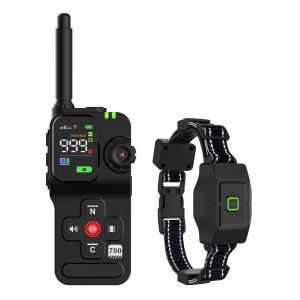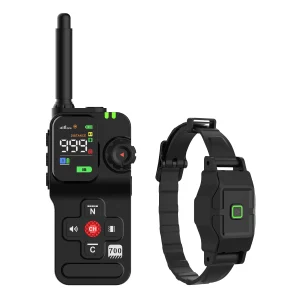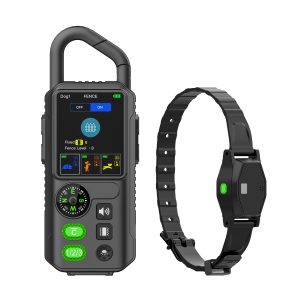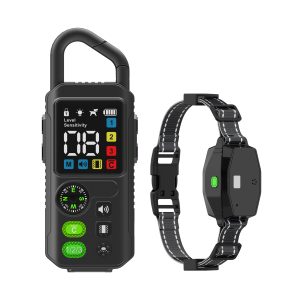Bark Control for Small Puppies: A Comprehensive Guide
The Importance of Bark Control
Small puppies are adorable, but excessive barking can be a challenge for many pet owners. Understanding the reasons behind your puppy’s barking can help you address the issue effectively.
Methods for Bark Control
There are several approaches to bark control for small puppies. Training techniques, collars, and behavioral adjustments can all play a role in minimizing your puppy’s excessive barking.
Training Tips
Positive reinforcement training is key when it comes to bark control. Rewarding your puppy for good behavior and redirecting their focus can help curb excessive barking.
Bark Collar Considerations
Bark collars are a common tool for bark control, but it’s essential to choose the right one for your puppy. Look for humane options that use sound, vibration, or citronella spray to deter barking.
Behavioral Changes
Small changes in your puppy’s environment and routine can also impact their barking behavior. Ensuring they get enough exercise, mental stimulation, and attention can help reduce excessive barking.
Consistency is Key
Whatever method you choose for bark control, consistency is crucial. Training your puppy regularly and maintaining a routine can help reinforce desired behaviors and minimize barking.
Seeking Professional Help
If your puppy’s barking persists despite your efforts, consider consulting a professional dog trainer or behaviorist. They can provide tailored advice and support to address your puppy’s barking issues effectively.
Conclusion
Managing your small puppy’s barking behavior requires patience, consistency, and understanding. By implementing the right techniques and seeking help when needed, you can create a peaceful environment for both your puppy and yourself.




